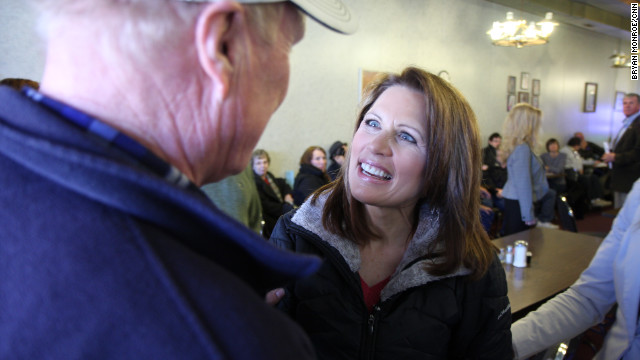THIS: Scholar of American religion (especially the 'evangelical' wing of Protestant Christianity) Randall Balmer offers an informative analysis of the rise of conservative Christians among GOP votes in Iowa. He reports that changes in Iowa are indicative of the move toward alliance between one steam of Christianity and social and political conservatism that gained momentum in the late 1970s. Moreover, we are seeing the continuing power of that alliance in the final days before Tuesday's GOP caucuses in Iowa even as that block is split over which candidate most personifies its agenda and is electable.
Like Balmer I lived in central Iowa. I graduated from Ames High in the mid-1970s and then moved with my family to southern California just before these dynamics gained momentum. I admit that I've been a bit puzzled by the strength and influence of these voters. Balmer's piece helps me to account, at least in part, for what has appeared to be a major change in Iowa politics and religion. He also notes, however, that the state's voters have not ever been homogenous either religiously or politically. No doubt that fact is also significant in my experience which was profoundly shaped by my residence in a university town.
Certainly there are ways in which Iowa is not now, if it ever was, a mirror of the nation. It is, nonetheless, a useful example of the interactions of religious and political views over the past thirty years. Balmer's brief sketch seems, indeed, to illustrate precisely the phenomenon described in
American Grace by Putnam and Campbell.

